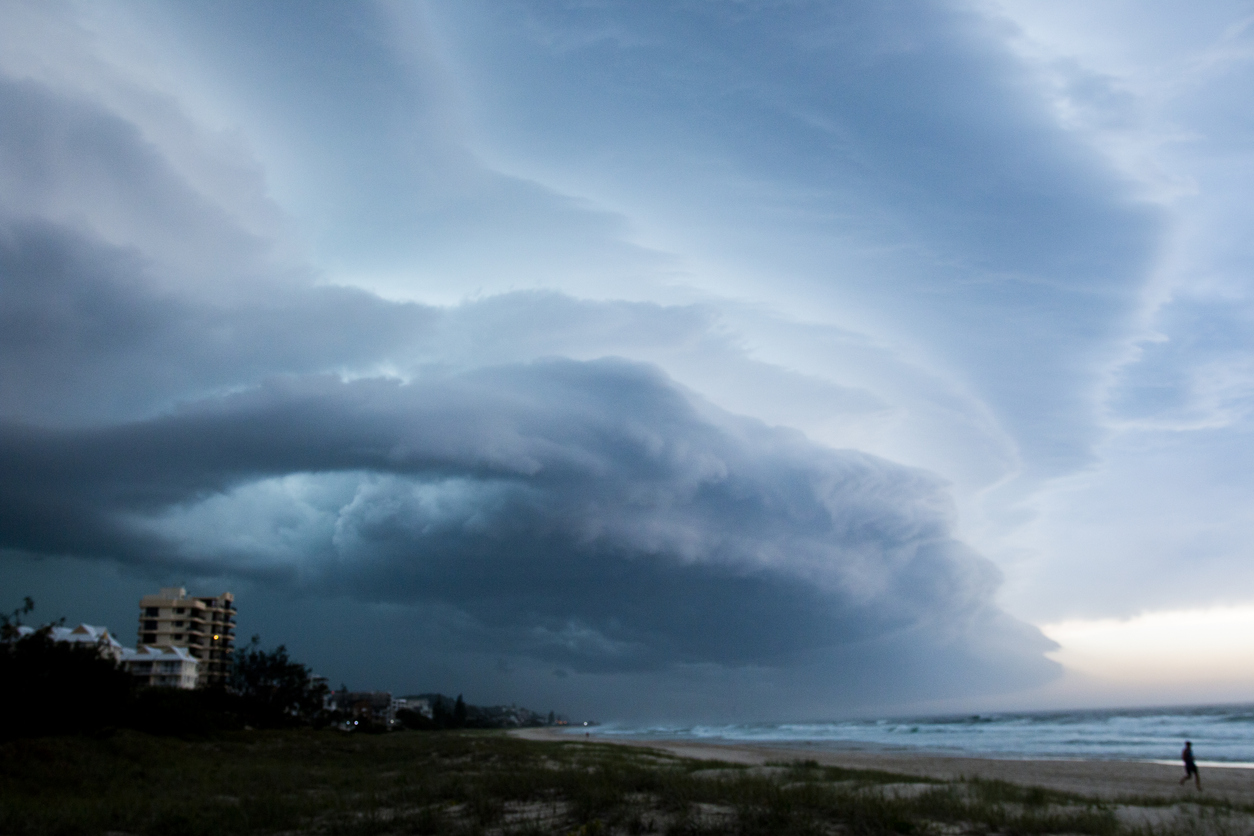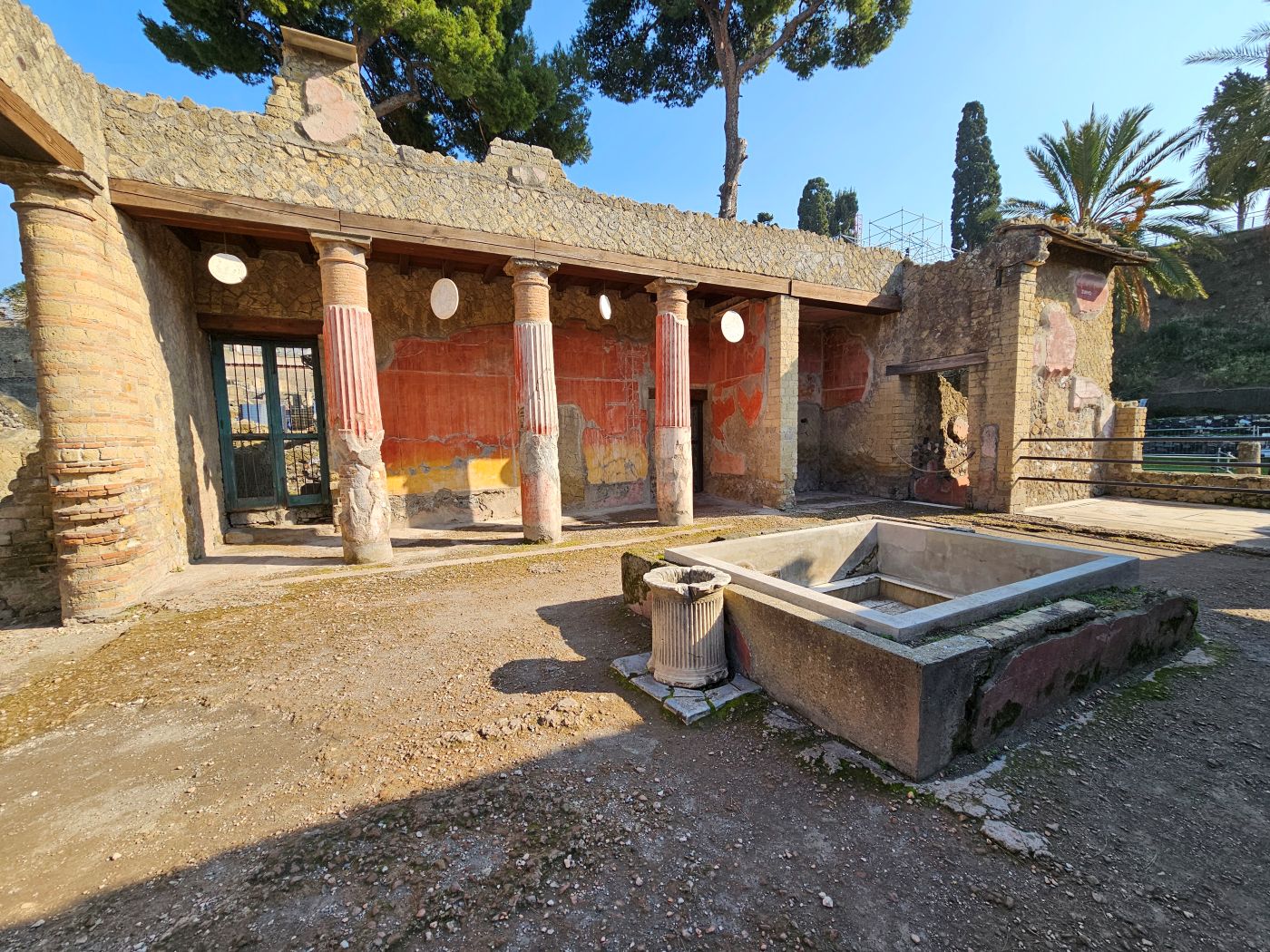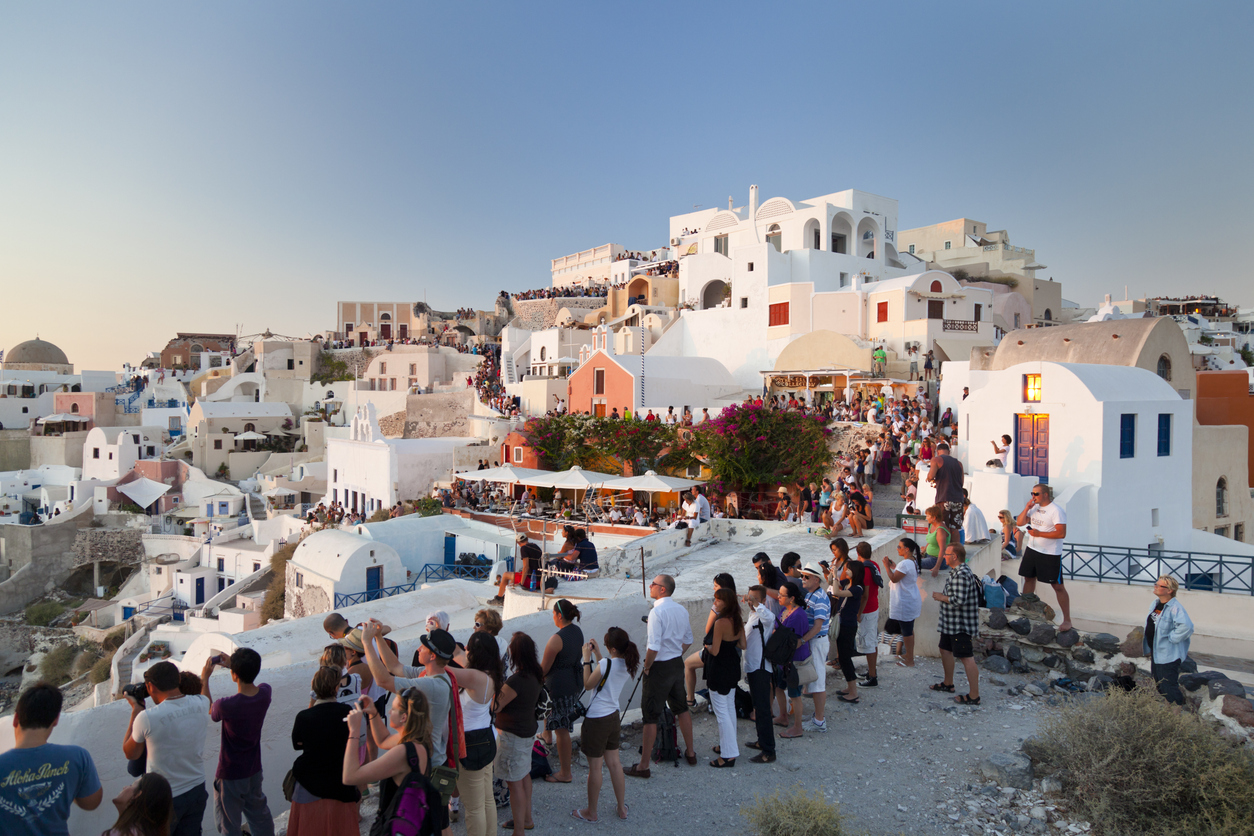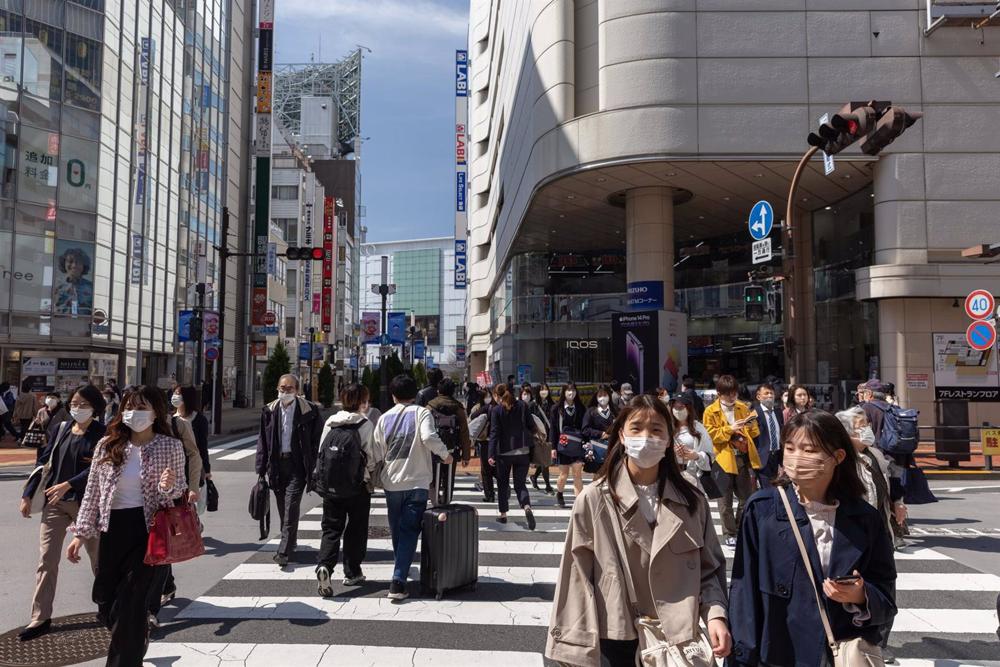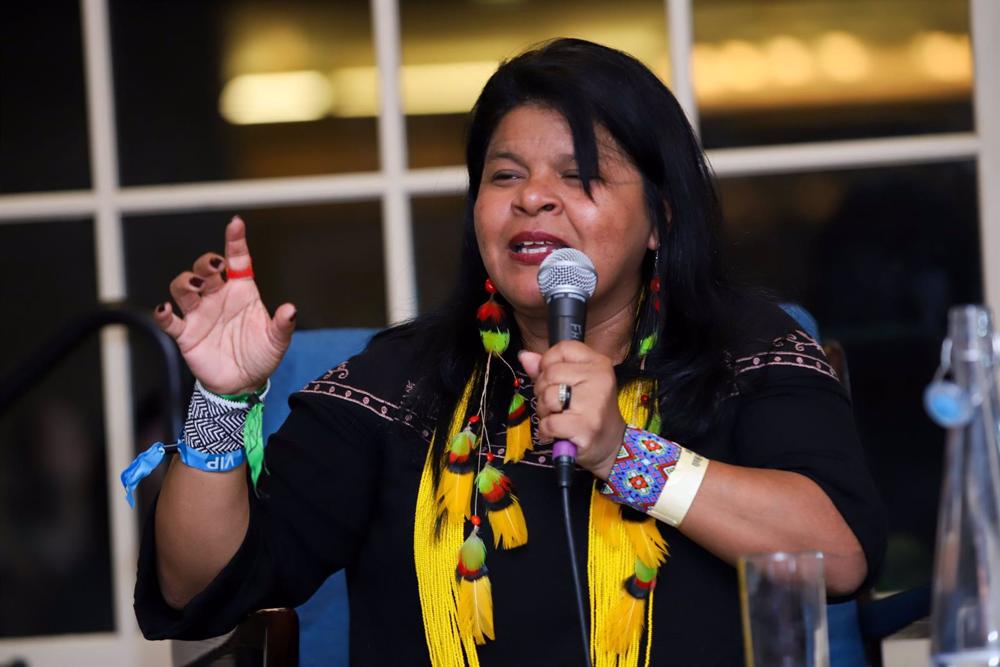
of these lands. In addition to the economic siege, confiscation of resources and destruction of facilities that support illegal mining, the new authorities have announced that they will invest in services for these communities.
Among the government’s promises is the construction of a hospital and new water treatment plants, following the high levels of mercury present in the rivers as a result of illegal mining. This has led to an increase in cases of malaria and malnutrition, especially among the youngest children.
The land of the Yanomami, Brazil’s largest indigenous people, represents just over ten million hectares, mostly divided between the states of Amazonas and Roraima, and is home to some 30,000 people in 371 communities. The region, under a state of emergency since January 20, is part of the 13 percent of Brazilian territory that is considered protected land.
Source: (EUROPA PRESS)
